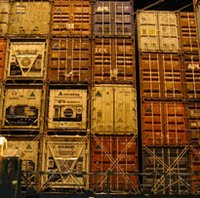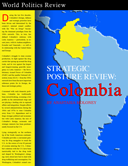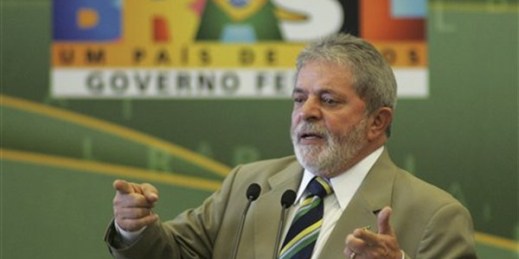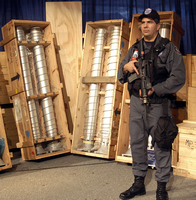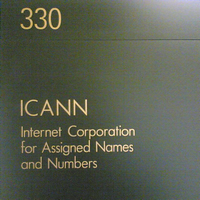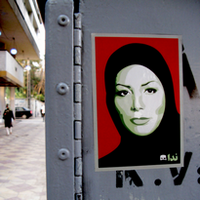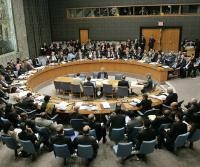
September is the showcase month at the U.N. headquarters in New York. In 2009, in addition to rolling out the red carpet for newly elected leaders from the U.S. and Japan, the organization also made ambitious attempts to address climate change and nuclear nonproliferation. Compared to past years, expectations were sky high, as President Barack Obama delivered a speech detailing his administration’s commitment to multilateralism after years of U.S. neglect. With Washington’s full backing, the U.N. seems ripe for an image makeover to accompany the structural facelift currently in progress. However, despite the optimism, no one is forecasting any progress […]

